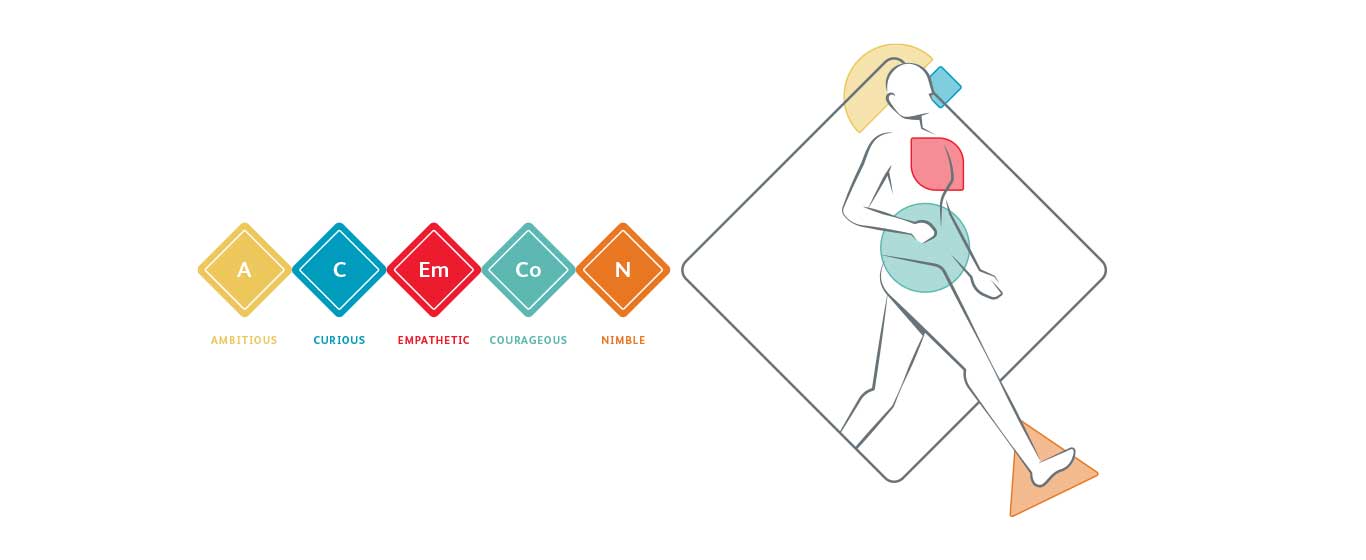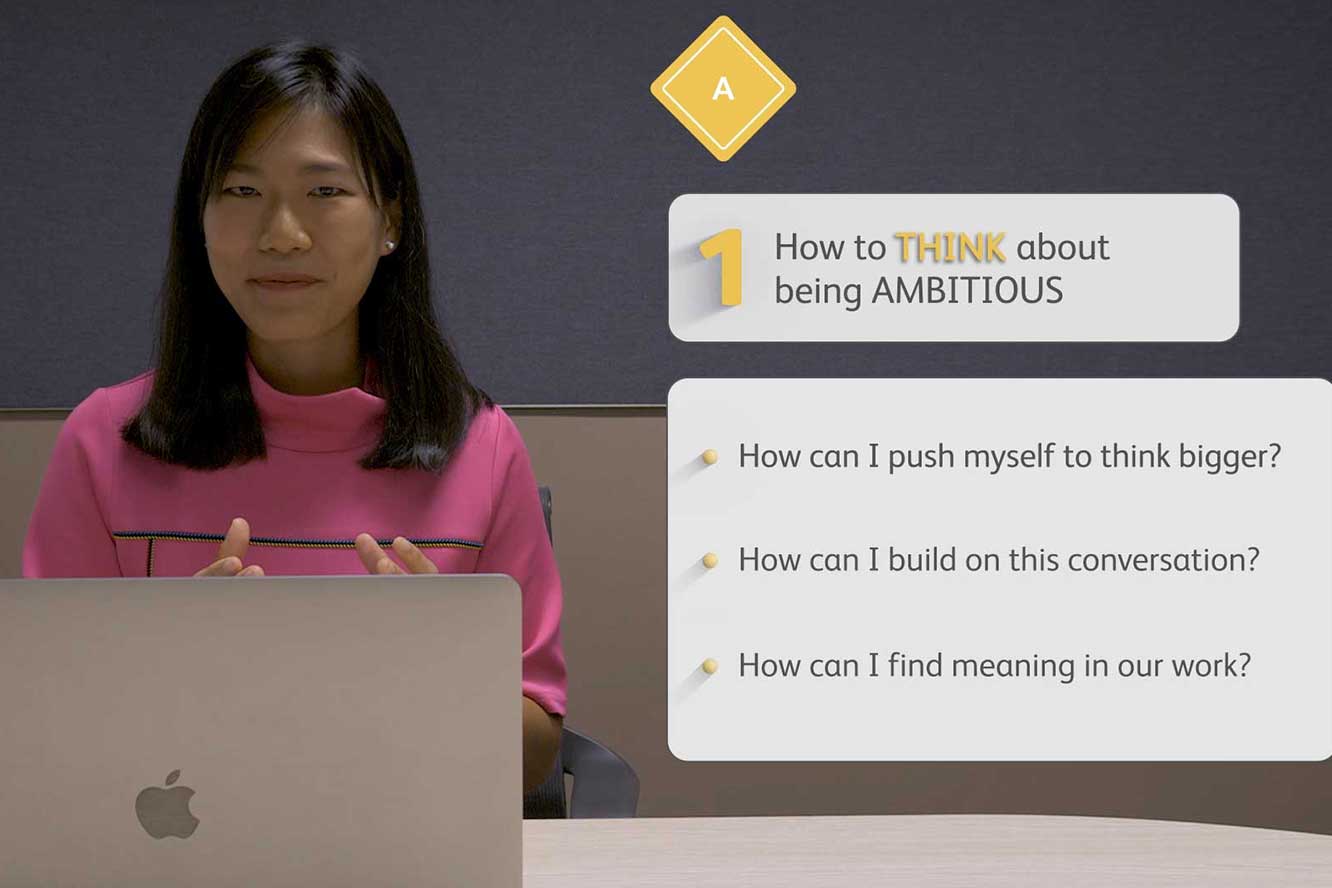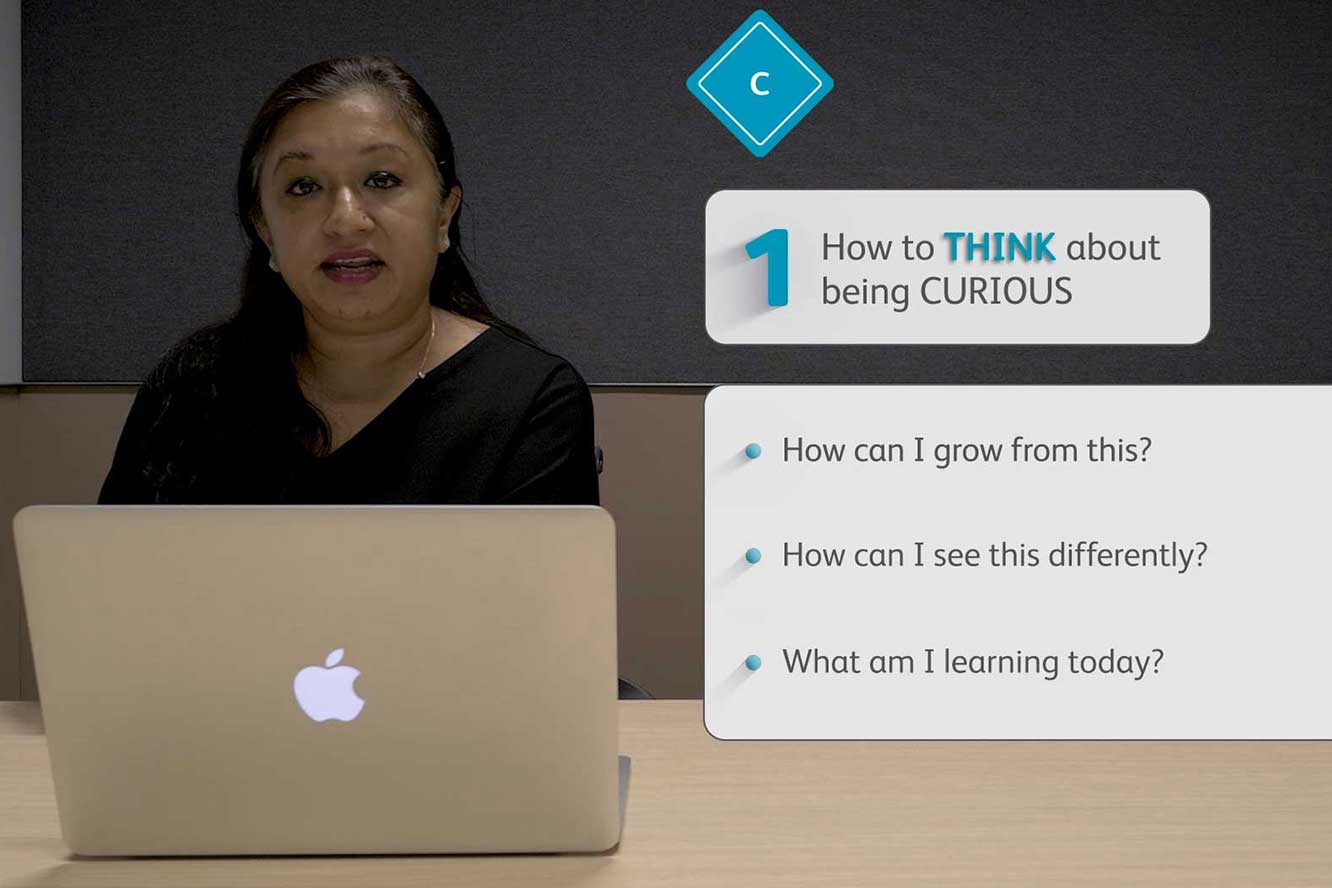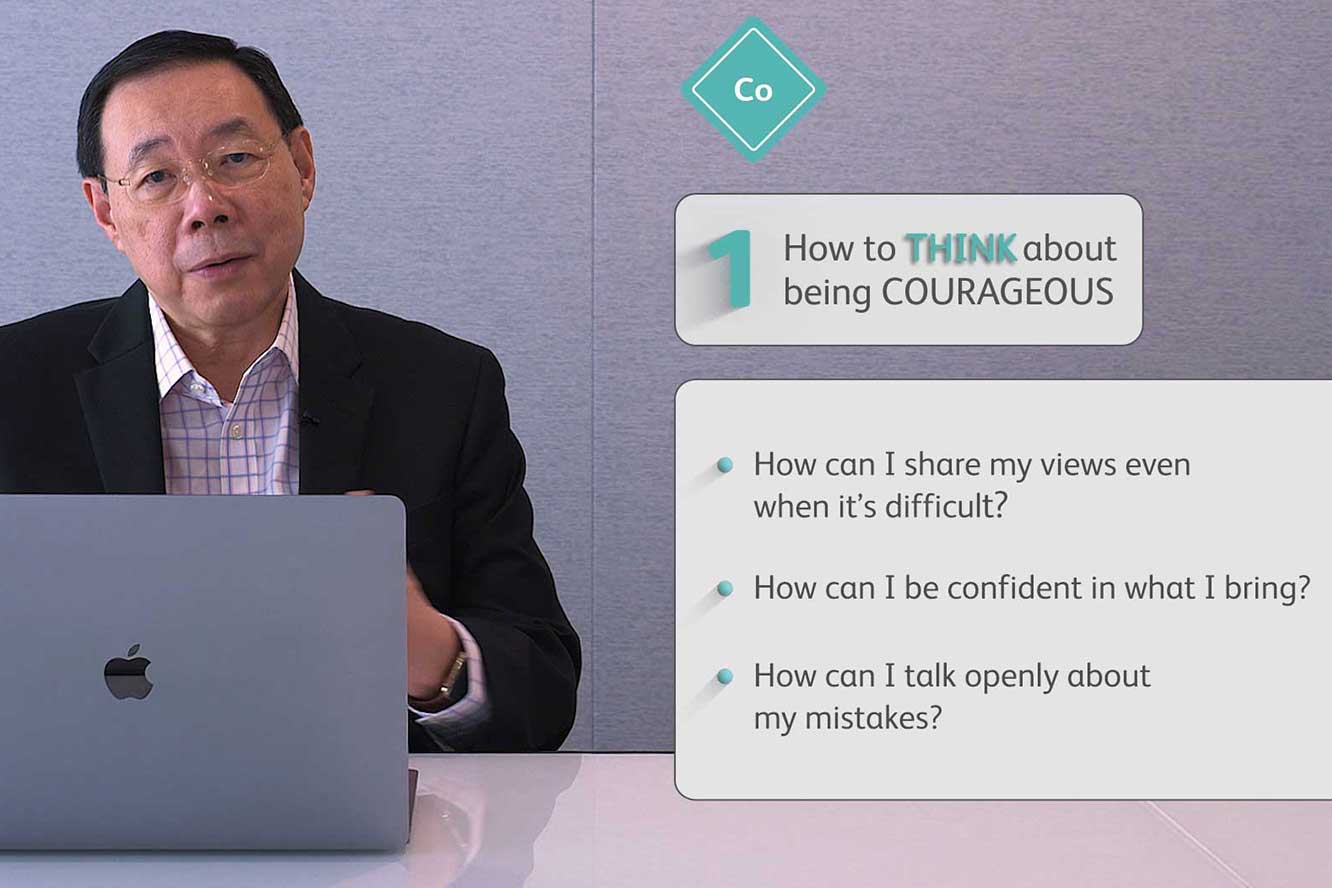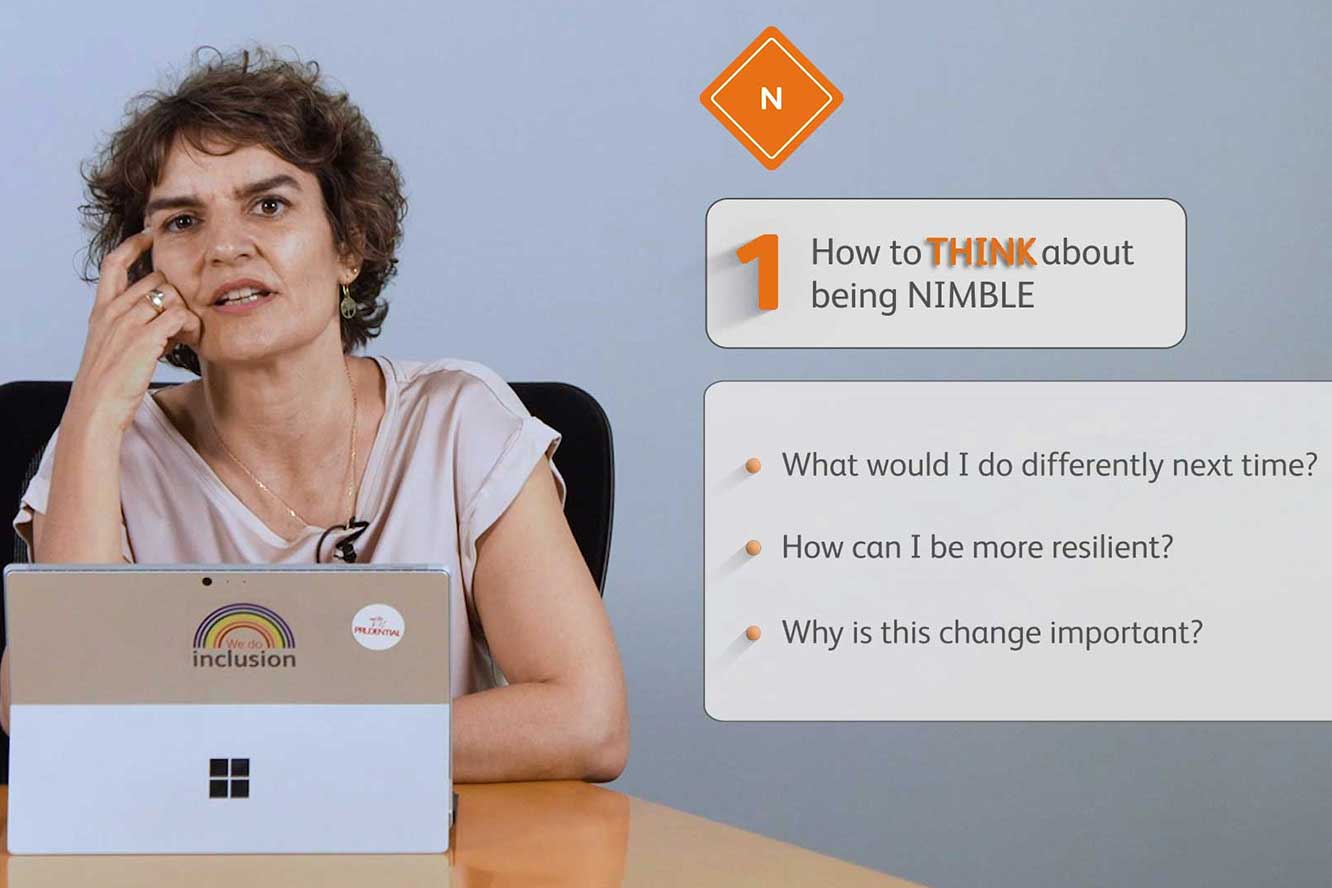Read More About Our values
Each value is defined by a set of mindsets, behaviours, and unaccepted behaviours. These behaviours form the basis of peer-to-peer feedback at Prudential, so we can all become better versions of ourselves.
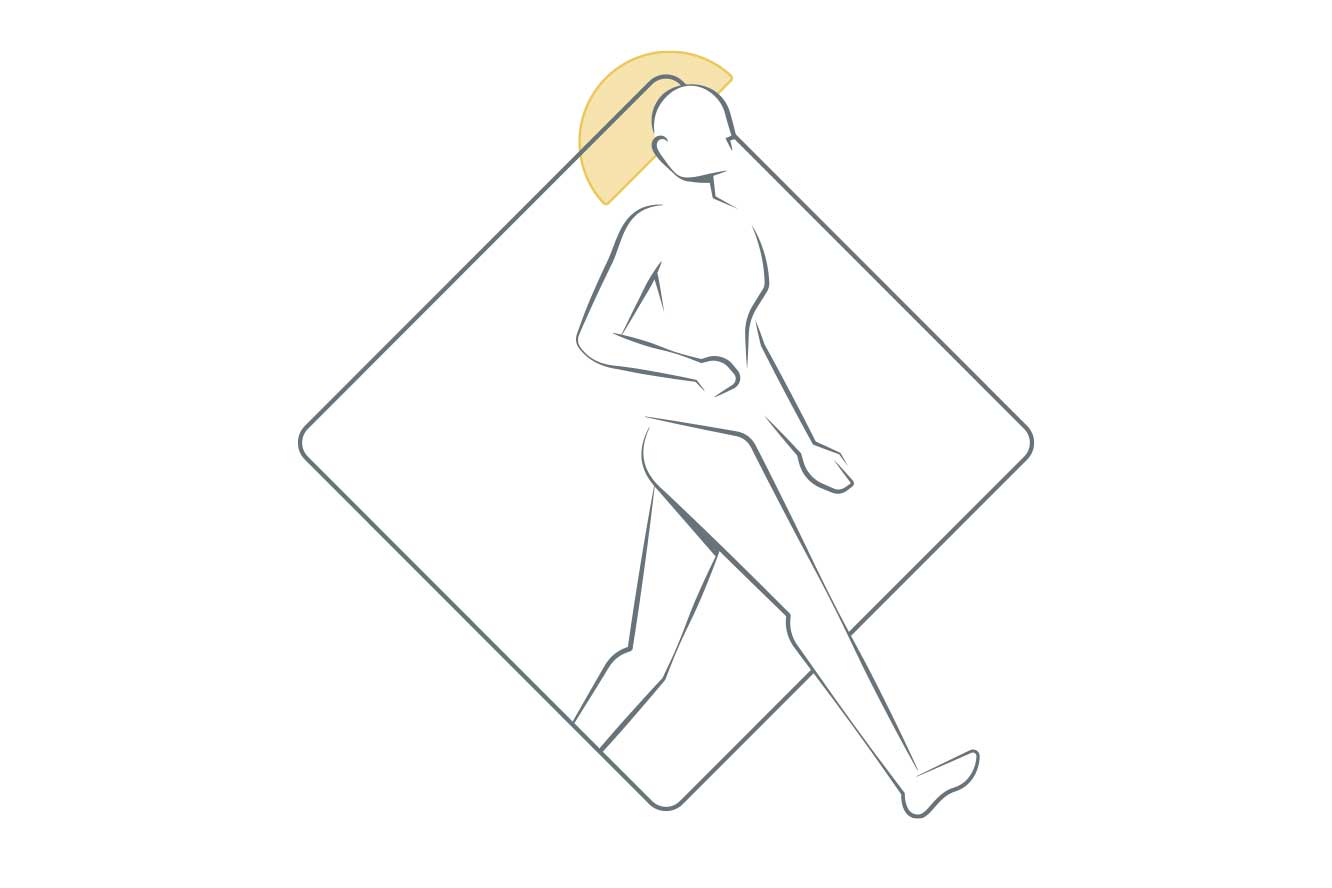
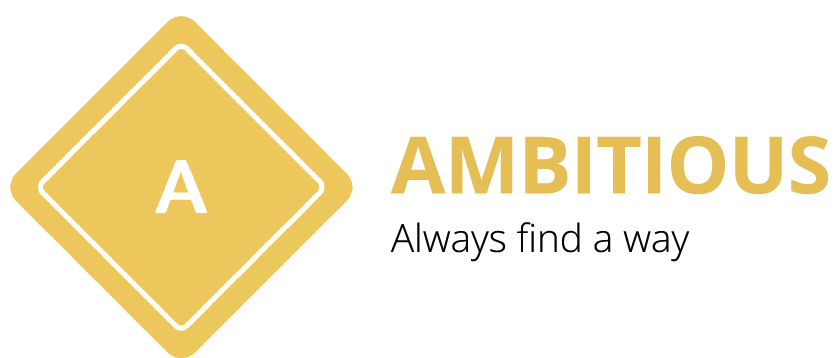
Our business is competitive. We push ourselves and each other to greatness, but not at all costs. Being a team player and doing the right thing comes first.
How we think about being ambitious
-
How can I push myself to think bigger?
-
How can I build in this conversation?
-
How can I find meaning in our work?
How we act ambitiously in our daily work
-
Understand our growth strategy and collective ambition
-
Break siloes and collaborate with colleagues to do big things together
-
Set clear targets for yourself and share those with others
-
Talk openly about the tension between doing big things and doing the right things
-
Push boudaries and challenge status quo - don't be constrained by past practice
What we avoid
-
Micro-managing and creating noise that makes it tough for people to do their job
-
Doing what is expedient instead of what is right for customers and/or colleagues
-
Pursuing individual interests at the expense of the team

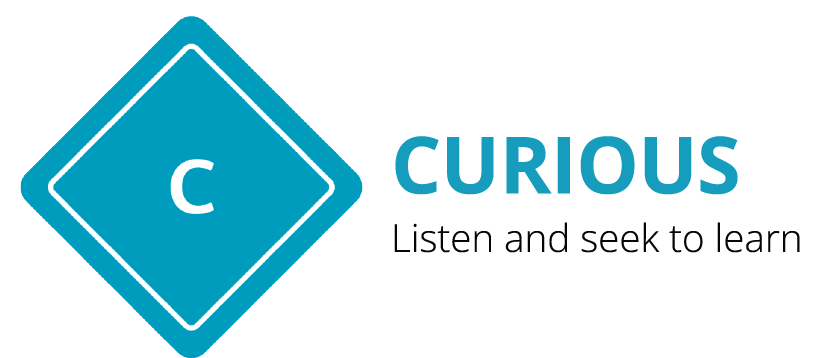
The world is changing faster than ever. No one has all the answers. We are humble and always listen and seek to learn and understand.
How we think about being curious
-
How can I grow from this?
-
How can I see this differently?
-
What am I learning today?
How we act curiously in our daily work
-
Acknowledge there are many different ways to see the same thing
-
Broaden your perspective on markets, industries, and customer trends
-
Encourage quieter or more junior people to contribute in a way they're comfortable
-
Take ownership of your learning objectives and actively seek support
-
View on-the-job training as a key part of learning
What we avoid
- Criticising the interests, aspirations, or opinions of colleagues
- Making someone feel wrong for not knowing something
- Behaving as if you know it all, assuming you have nothing left to learn

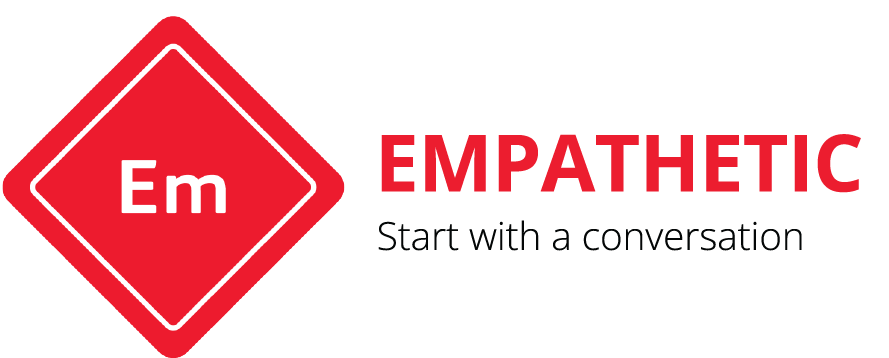
There’s an age-old wisdom in walking a mile in another’s shoes. We do that every day, whether it’s with customers or colleagues.
How we think about being empathetic
-
How can I truly listen to this human?
-
How does bias cloud my thinking?
-
How does this decision affect the customer?
How we act empathetically in our daily work
-
Listen to others without judgement and see things from their perspective
-
Assume that people have good intentions and are doing the best they can
-
Look for what you have in common with others rather than what divides you
-
Link discussions and decisions to impact on customers and their needs
-
Acknowledge that emotion is part of change and we all have hopes and fears
What we avoid
-
Fixating on business outcomes while forgetting the human impact
-
Interrupting others and making it difficult for them to finish their thoughts
-
Adding confusion to a conversion by not building on what was said

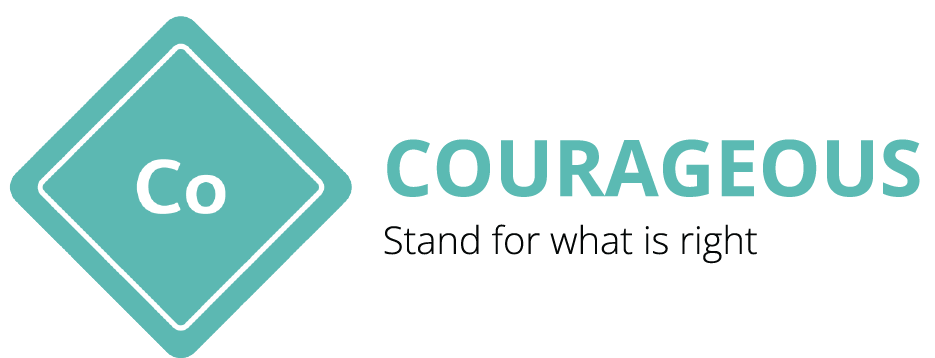
Prudential's success and culture belongs to all of us - it's our shared legacy. We do the right thing and bring our full selves to work to build it together.
How we think about being courageous
-
How can I share my views even when it's hard?
-
How can I be confident in what I bring?
-
How can I talk openly about my mistakes?
How we act courageously in our daily work
-
Treat people with respect and say something if you see respect lacking
-
Ask for help if you have a question or don't understand something
-
Consult colleagues when you are unsure of what the 'right thing' to do is
-
Take bold actions based on informed decisions
-
Respectfully challenge ideas or decisions when you have a different view
What we avoid
-
Talking about people rather than directly to them if there is a problem
-
Assuming someone else will speak up when something is wrong
-
Not acknowledging or learning from mistakes or failures
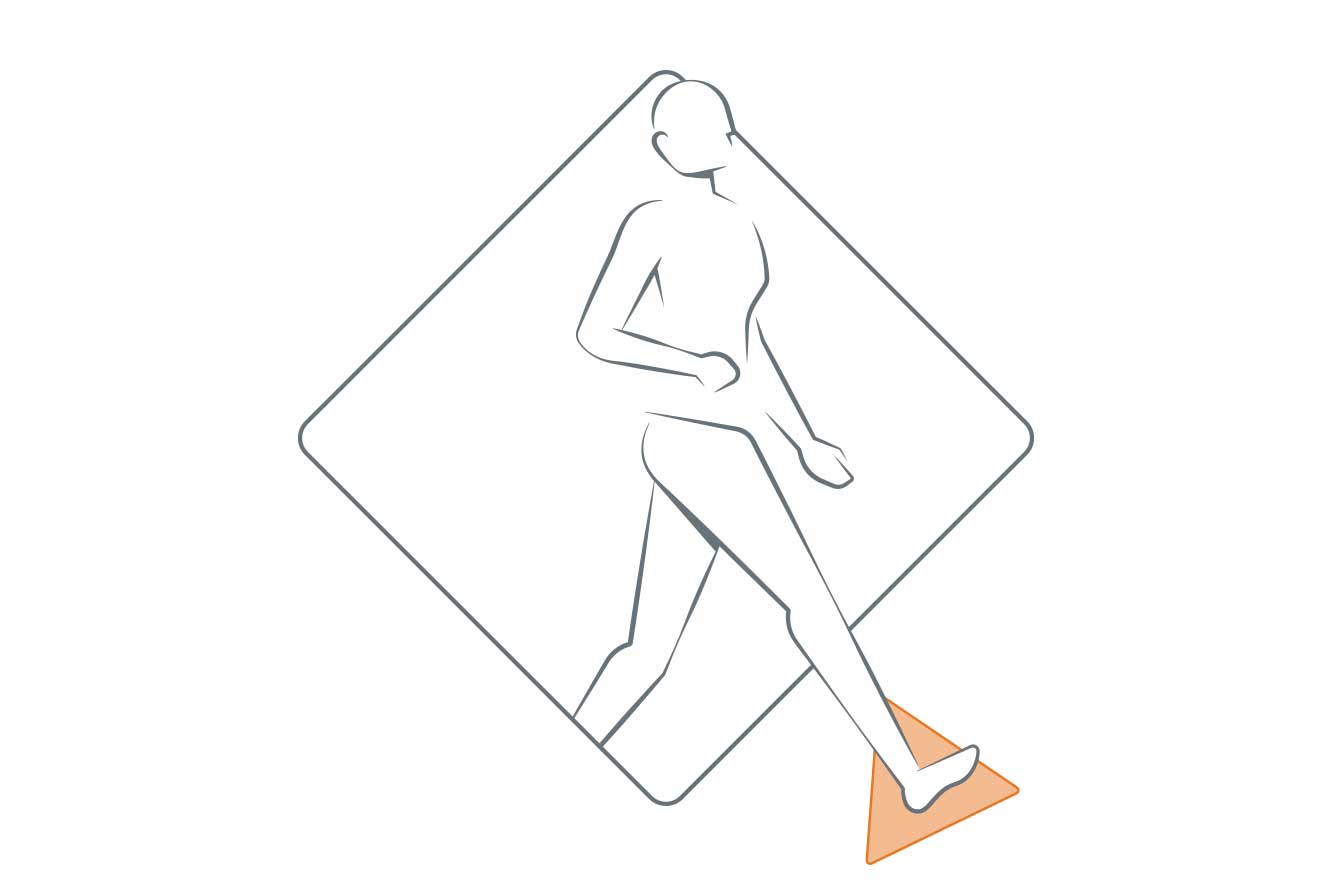
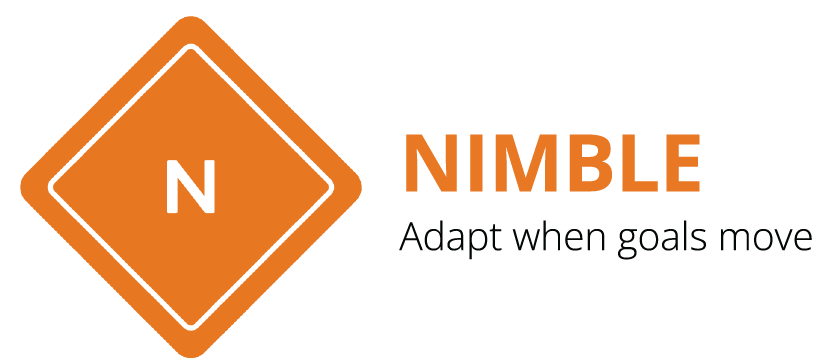
Being agile and adaptive is trending. We approach our work iteratively, with carefully-designed experiments that help us fail fast and fail forward.
How we think about being nimble
-
What would I do differently next time?
-
How can I be more resilient?
-
Why is this change important?
How we act nimbly in our daily work
-
Take small steps to experiment and become more comfortable with change
-
Celebrate the small wins and 'smart failures' to build resilience
-
Make it a point to learn from failure, getting the most learning for at least cost
-
Help others own their mistakes and don't hold it against them
-
Find ways to reduce bureaucracy and improve work for everyone
What we avoid
-
Being reckless in not considering the full risk or impact of decisions
-
Using unnecessary process to slow down progress or halt change
-
Highlighting the mistakes or failings of others in an unconstructive way

